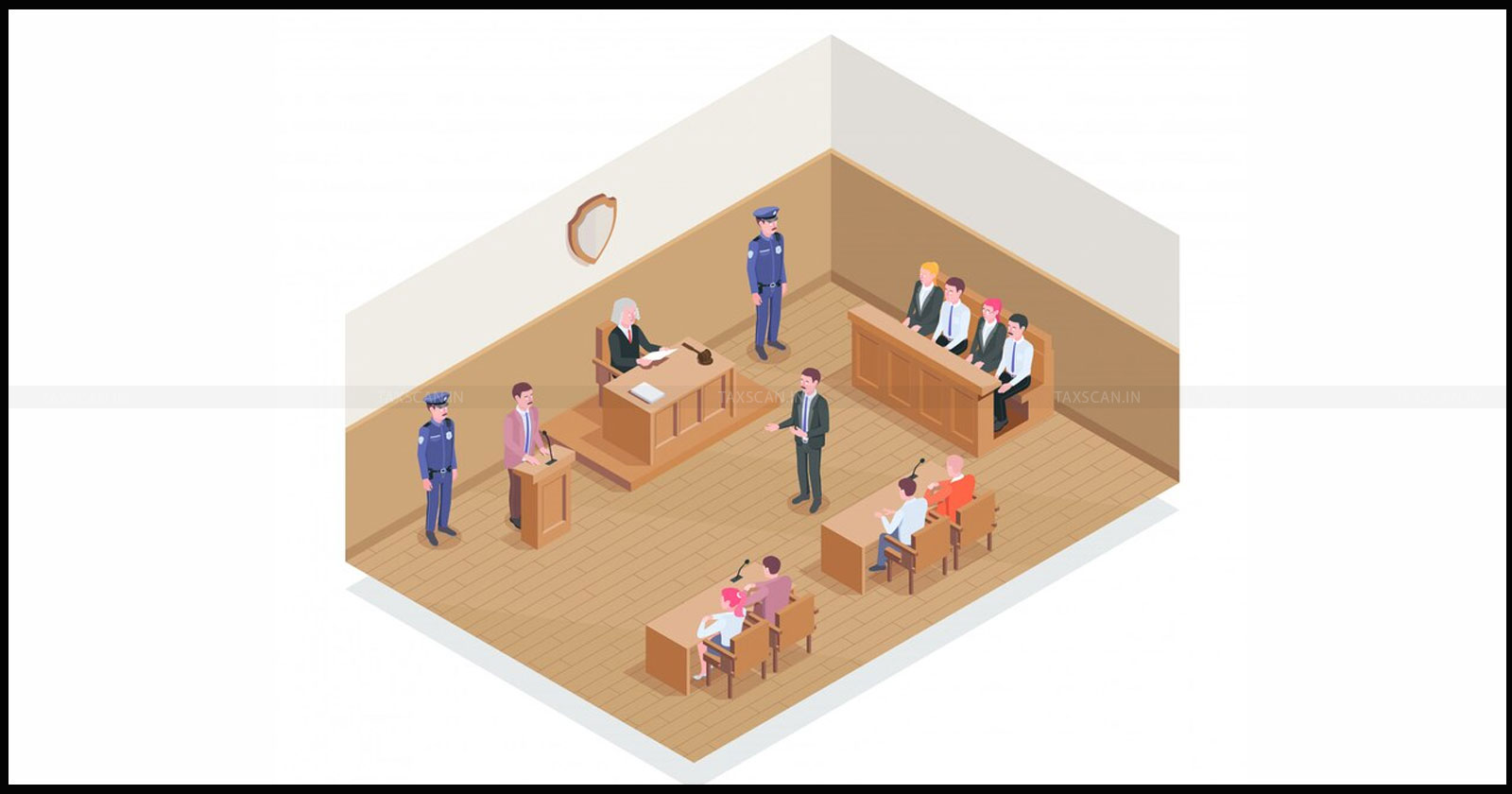Cross Examination by Excise Dept required only for Confirmation of Demand based Solely on Witness Statements: Madras HC [Read Order]
The court affirmed that cross-examination is obligatory only when witness statements are the exclusive basis for the demand. If such statements are merely corroborative of existing evidence, the requirement for cross-examination may be waived

Madras High Court – Excise Dept – Demand based Solely – Witness Statements – Madras High Court on Excise Demand – Taxscan
Madras High Court – Excise Dept – Demand based Solely – Witness Statements – Madras High Court on Excise Demand – Taxscan
In a recent ruling, the Madras High Court clarified that cross-examination in quasi-judicial proceedings is necessary only when witness statements serve as the exclusive basis for confirming excise duty demands.
The bench of Justice C. Saravanan observed that “The necessity for cross-examining the customer of the respective petitioner is not required as in a quasi judicial proceedings before the respondents, the respondents are merely governed only by the principles of preponderance of probability and are not governed by strict rules of evidence.”
Become a PF & ESIC expert with our comprehensive course - Enroll Now
Further added that “Unless, the statements of the persons who have given statements against the petitioners are solely relied for confirming the demand, question of cross examination of any of the persons who have given statements against the petitioners does not arises only where demand is solely based on such statement, the Department has to allow cross-examination or in the alternative eschew such statements.”
The court disposed of two writ petitions challenging the impugned Order-in-Original, issued by the Commissioner of CGST & Central Excise. The petitioners contended that the orders confirmed demands raised in Show Cause Notices ( SCN ) alleging that their requests for cross-examination of seven individuals were unjustly denied.
The individuals whose cross-examination was sought included directors and proprietors from various companies and businesses, such as M/s. Seven Seas Polymers and M/s. Sigma Mat. The petitioners asserted that their requests for cross-examination were made immediately during the proceedings, including during a personal hearing on October 25, 2017.
Become a PF & ESIC expert with our comprehensive course - Enroll Now
Citing the Supreme Court's judgment in Andaman Timber Industries v. Commissioner of Central Excise, Kolkata-II, the petitioners argued that the refusal to allow cross-examination constituted a serious flaw in the process, amounting to a violation of natural justice.
The Supreme Court's decision in Andaman Timber Industries emphasized that when witness statements form the basis of an order, denying the opportunity for cross-examination severely undermines the legitimacy of that order.
This precedent should apply to their case, as the impugned orders appeared to rely heavily on statements made by individuals whose credibility was directly contested, stated the petitioners. They also highlighted that the adjudicating authority did not adequately address their requests for cross-examination, rendering the orders null and void.
Become a PF & ESIC expert with our comprehensive course - Enroll Now
Conversely, the respondents, represented by Senior Standing Counsel, defended the orders, arguing that the statements in question were corroborative and did not constitute the sole basis for the demands. They contended that a major reliance was placed on documentation obtained from the petitioners’ premises, and that the statements sought for cross-examination were not taken hugely to the decision-making process.
They further argued that the determination of excise duty could be established through preponderance of probability, without strictly adhering to formal evidentiary rules.
The court examined whether the principles established in the Andaman Timber Industries case applied to the current situation, particularly concerning whether the confirmation of demand was based solely on the contested witness statements. It noted that in quasi-judicial proceedings, the governing principles allow for flexibility, prioritizing a more practical approach over strict evidentiary requirements.
Become a PF & ESIC expert with our comprehensive course - Enroll Now
The court affirmed that cross-examination is obligatory only when witness statements are the exclusive basis for the demand. If such statements are merely corroborative of existing evidence, the requirement for cross-examination may be waived.
In assessing the merits of the case, the bench determined that the impugned orders primarily relied on evidence obtained from the petitioners’ records, rather than on the contested statements.
Consequently, the court found no substantial basis for the challenge regarding the denial of cross-examination. Nevertheless, the court recognized the petitioners' right to pursue statutory appeals against the impugned orders before the Commissioner of Central Excise (Appeals) under Section 35 of the Central Excise Act, 1944.
Become a PF & ESIC expert with our comprehensive course - Enroll Now
The Madras High Court dismissed the writ petitions, granting the petitioners the liberty to appeal the impugned orders before the appropriate authority within thirty days. The court directed the Appellate Commissioner to adjudicate the matters based solely on the merits of the case, free from any influence of the observations made in the current ruling.
Mr.R.Venkataraman Senior Counsel for Mr. M. Jegadeesan and Mr. N. Dilip Kumar Senior Standing Counsel appeared for the petitioners and the respondents respectively.
To Read the full text of the Order CLICK HERE
Support our journalism by subscribing to Taxscan premium. Follow us on Telegram for quick updates


